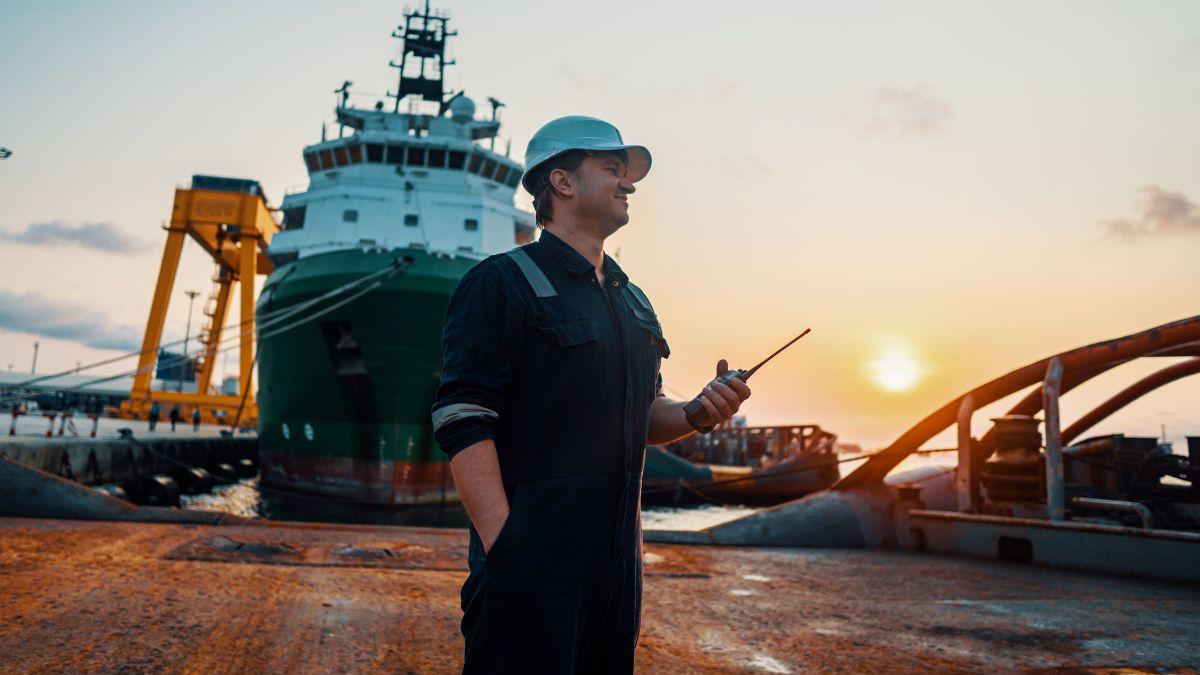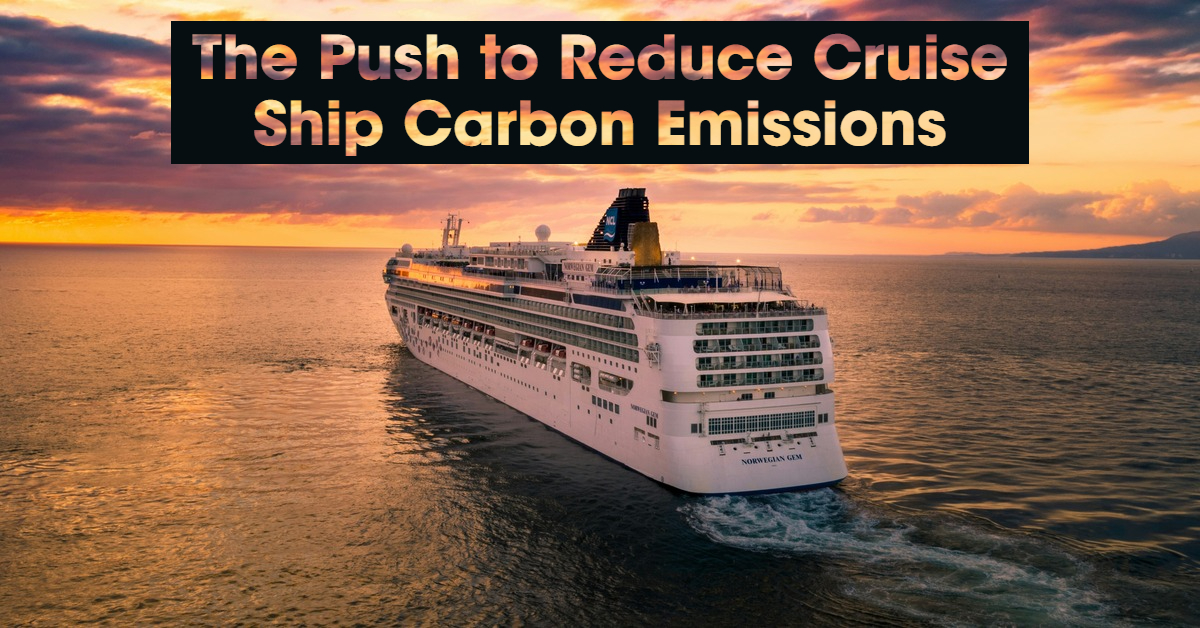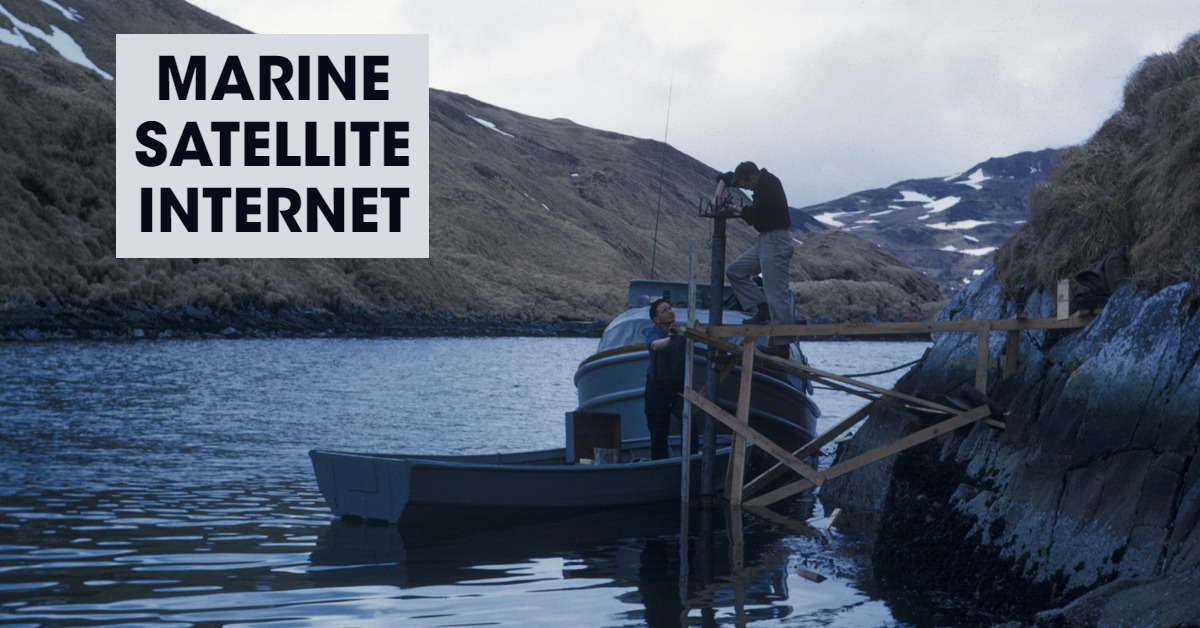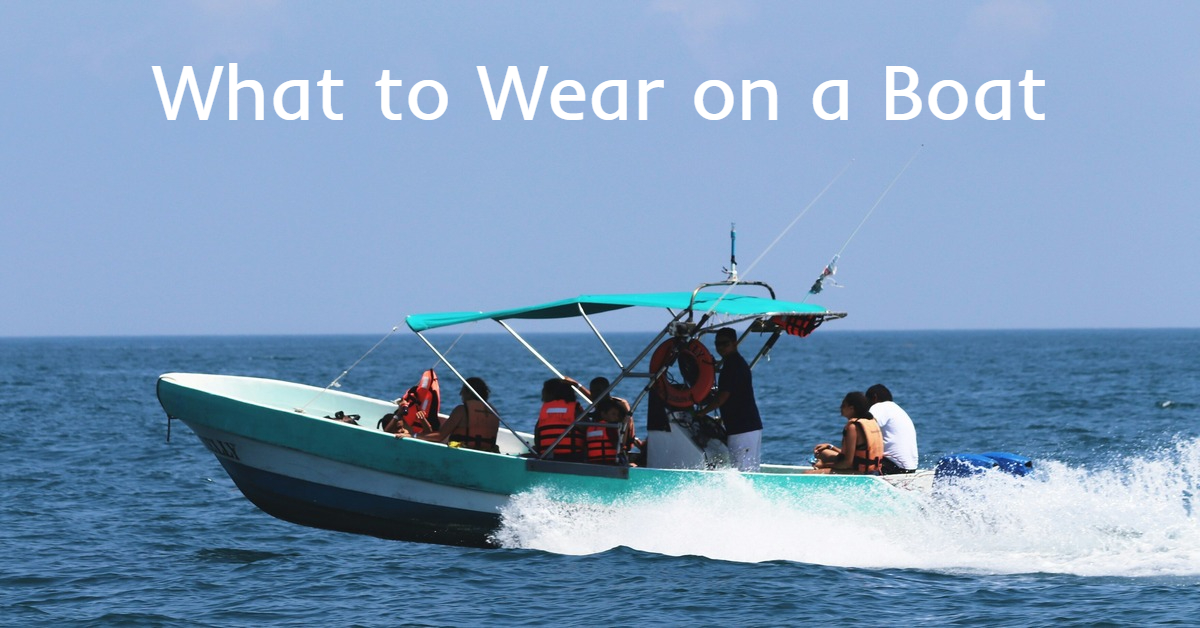
With the deep blue sea as your workplace and the horizon as your guide, being a captain is as challenging as it is fulfilling. The success of your voyage depends on your communication resources.
A steady flow of information is vital. Whether it’s weathered waves or emergency alerts, technology will provide you with the information you need to remain safe on the water. The following items are the best communication tools for boats and ships to guarantee captains have the right equipment for safe expeditions.
Marine VHF Radio
A marine VHF radio is the first tool any captain will want by their side. It’s specifically for communication in marine environments and is installable on boats and ships.
These radios operate within the frequency range of 156 to 174 MHz, which is exclusively for marine communication and navigation. Marine VHF radios include features like digital selective calling (DSC) and the automatic identification system (AIS). DSC allows a radio to send a distress signal at the push of a button. AIS provides information about the position, course, and speed of nearby vessels to prevent collisions.
Portable VHF Radio
A portable VHF radio is another option when traveling across oceans, rivers, and more. It’s compact and easy to carry. These handheld radios are specifically for maritime use and ensure a convenient means of communication.
Although they have limited power and range compared to fixed-mount radios, portable VHF radios serve as reliable backup communication tools onboard for constant connectivity. You can learn to program a two-way radio to meet your ship’s needs. Whether navigating busy waterways or exploring remote areas, having a portable VHF radio on board adds an extra layer of safety and peace of mind.
Satellite Phone
When you find yourself stranded in the vast expanse of the open ocean, even relying solely on a VHF radio might not suffice. A satellite phone is a lifeline in such critical situations.
A network of orbiting satellites enables reception signals to facilitate communication from any corner of the globe when using this device. They can be a bit of an investment, but satellite phones prove their worth to strengthen safety at sea.
EPIRB
Emergency Position Indicating Radio Beacons (EPIRBs) alert rescue services in emergencies at sea. You can manually activate an EPIRB during critical situations.
They utilize advanced satellite networks to accurately track and locate the vessel’s position. The prompt response increases the chance of a successful rescue operation.
Weather Alert Receiver
A dedicated weather alert receiver can be a lifesaver with real-time updates and alerts for severe weather conditions. With this tool, captains can receive broadcasts directly from the National Oceanic and Atmospheric Administration (NOAA) for updates on storm warnings, weather forecasts, and other vital maritime safety information. Staying informed about changing weather conditions allows captains to make better decisions.
The best communication tools for boats and ships can help get you and your crew home safely. Implementing these measures will guarantee you’re ready for whatever the waves throw your way.
- What To Bring on the Boat for a Day Trip – February 15, 2024
- International Shipping: How To Safely Transport Liquid – February 9, 2024
- Filtration Solutions for Maritime Applications – February 8, 2024




Leave a Reply